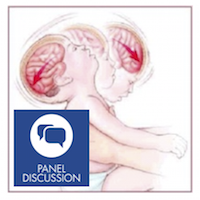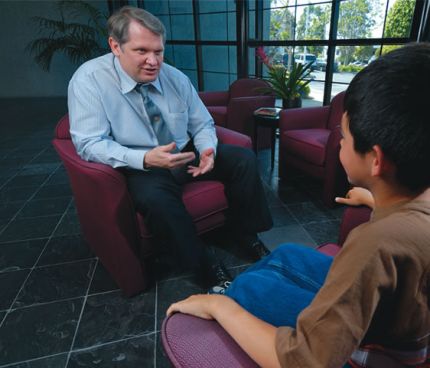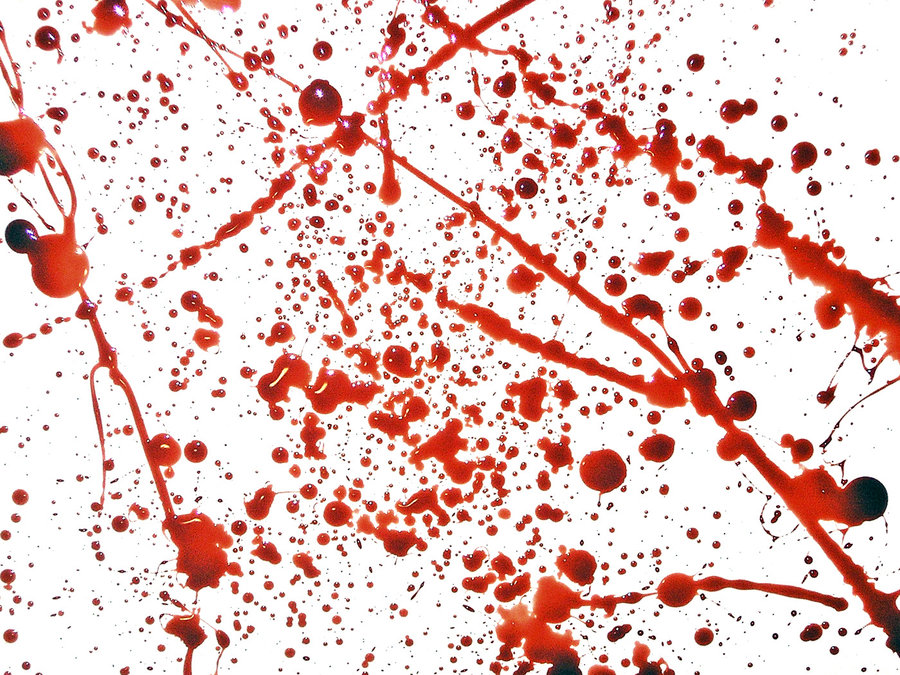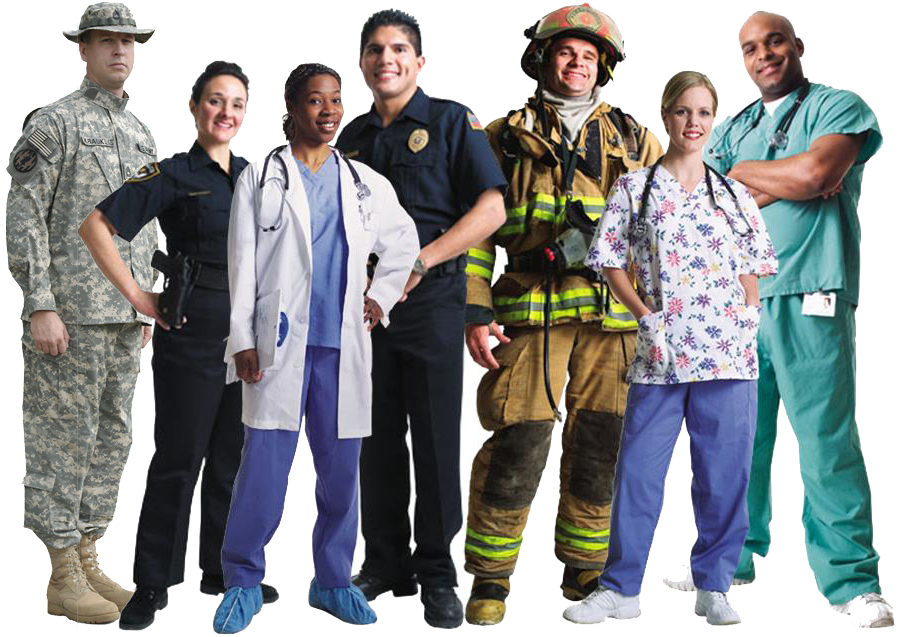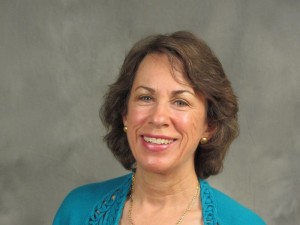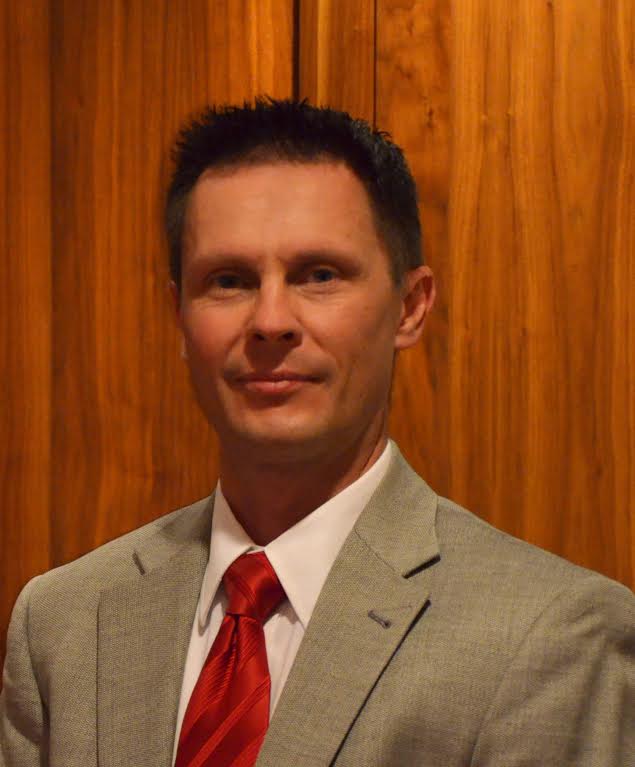Panel Discussion – Wrongful Convictions in Shaken Baby Death Cases
Much has been said about the science and medical findings in Shaken Baby Deaths. Now new, or not so new, opinions say the injuries to the brain which is used as fact evidence is not accurate. This panel discusses these issues and the investigation that goes into these deaths. The panel members are Craig Smith…
Read More
